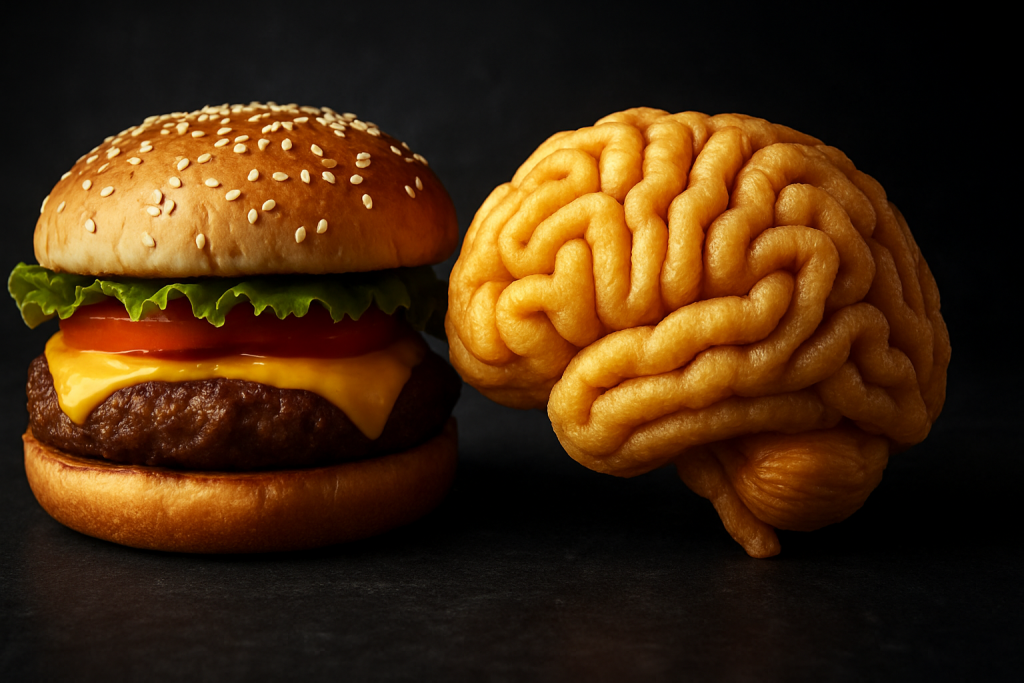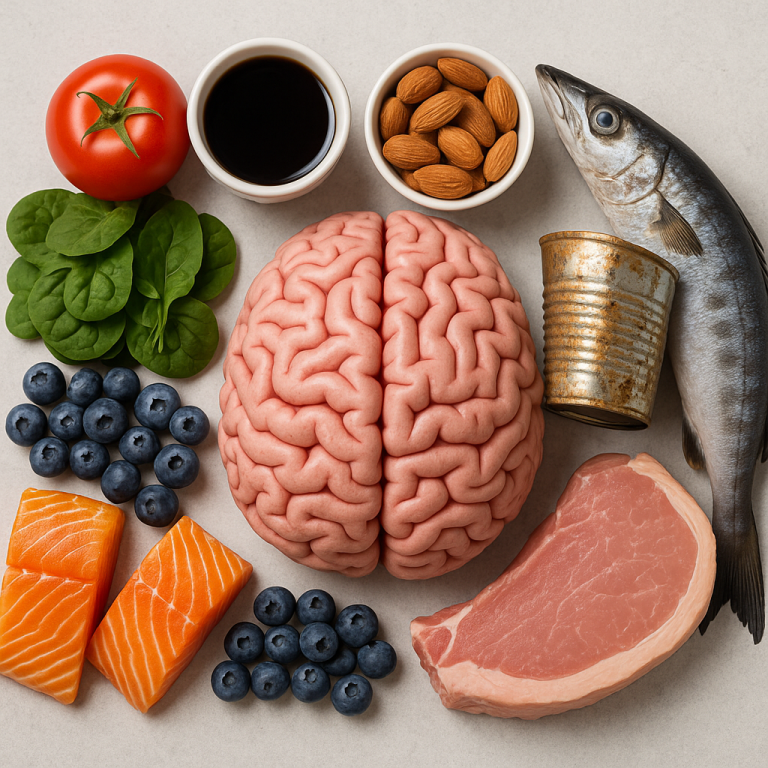
Fast food is everywhere — in glowing drive-thru signs, tempting TV ads, and even our favorite delivery apps. It’s cheap, quick, and satisfying. But have you ever wondered why it’s so hard to stop eating even after you’re full? That’s the idea behind the Fast Food Addiction Theory, which suggests that major food brands intentionally design their meals to keep you hooked.
It might sound like a wild conspiracy, but modern food science — and corporate marketing — show there’s more truth here than you’d think.
🧠 How Fast Food Hooks Your Brain
Our brains are naturally drawn to fat, sugar, and salt. These ingredients activate dopamine, a pleasure chemical also triggered by drugs, social media, and gambling. Fast food creators carefully combine these elements to hit what experts call the “bliss point” — that perfect taste balance that keeps you coming back.
Think about it:
- Fries are hot and salty, giving instant satisfaction.
- A burger adds fat and protein that feel rewarding.
- A sugary drink tops it off with a quick dopamine boost.
Together, they create a neurochemical feedback loop — eat, feel good, crave again. Over time, your brain begins to associate fast food with comfort and reward, forming habits that look a lot like addiction.
🍟 The Hidden Engineering Behind Every Bite
Unlike homemade food, fast food isn’t just about flavor — it’s scientifically engineered to make you crave more. Food technologists test texture, aroma, and even the sound of a crunch to trigger a positive brain response.
One common trick is called “sensory-specific satiety.” Fast food is made to taste amazing at first bite, but that pleasure fades quickly. It’s why you can eat a large portion without ever feeling completely satisfied.
There’s no illegal secret ingredient — just careful psychological and chemical design that keeps your brain wanting another bite.
💰 How the Business Benefits
The longer fast food companies keep you craving, the more you spend. They invest billions into behavioral research, marketing, and flavor testing to maintain that cycle:
- You eat.
- You feel great (for a moment).
- The feeling fades.
- You want it again.
It’s a brilliant business model. Some insiders even say certain brands measure brain activity and emotional triggers during product tests — similar to how drug companies test reactions. The goal isn’t to fill you up; it’s to make you come back tomorrow.
⚖️ Is It Really an Addiction?
Experts debate whether fast food counts as a true addiction. It doesn’t cause physical withdrawal like nicotine or drugs, but brain scans tell an interesting story. Studies show that highly processed foods can light up the same reward centers as addictive substances.
That’s why the term “food addiction” is gaining recognition in science and psychology. It’s less about willpower and more about how modern foods override our natural hunger controls.
🧂 Additives That Keep You Hooked
Beyond fat, sugar, and salt, fast food also contains hidden additives that make it even harder to resist:
- Flavor enhancers like MSG intensify taste.
- Preservatives keep food looking and smelling fresh.
- Emulsifiers improve texture and mouthfeel.
Individually, these ingredients are legal and safe — but together, they form meals that are highly stimulating to the brain. Once you’re used to that level of intensity, regular food starts to feel bland.
🌍 The Bigger Impact
This theory goes beyond individual cravings — it’s about corporate power and consumer behavior.
The more people rely on fast food, the stronger the industry becomes. It’s a self-reinforcing loop that affects public health worldwide, contributing to rising rates of obesity, diabetes, and nutrient deficiency.
In short, it’s not just food — it’s a carefully built system of dependence.
🥗 Breaking the Cycle
The good news is, you can retrain your body and brain. Start by eating whole, natural foods that don’t rely on artificial flavor tricks. Drink water before meals, cook at home, and be mindful of what triggers your cravings.
You don’t need to cut out fast food entirely — just understand why you crave it. Once you recognize the pattern, it’s easier to take control again.
🔍 Final Thoughts
The Fast Food Addiction Theory isn’t pure conspiracy — it’s a mix of science, psychology, and smart marketing. Fast food chains know exactly how to push your brain’s pleasure buttons, and they do it with precision.
So next time you find yourself reaching for that burger or fries, pause for a second.
It’s not just hunger talking — it’s years of food engineering whispering, “Just one more bite.


